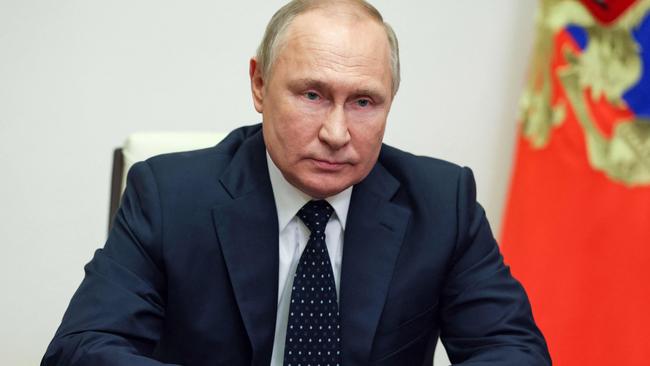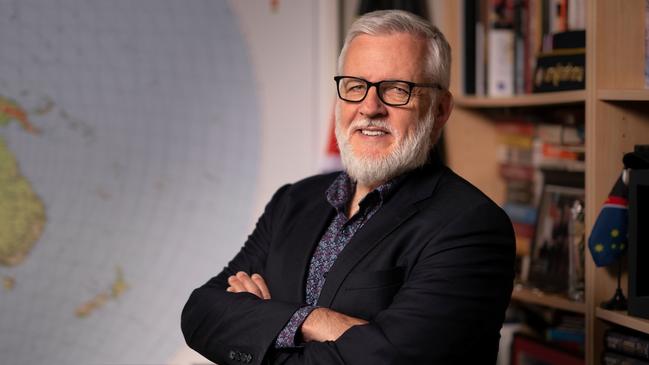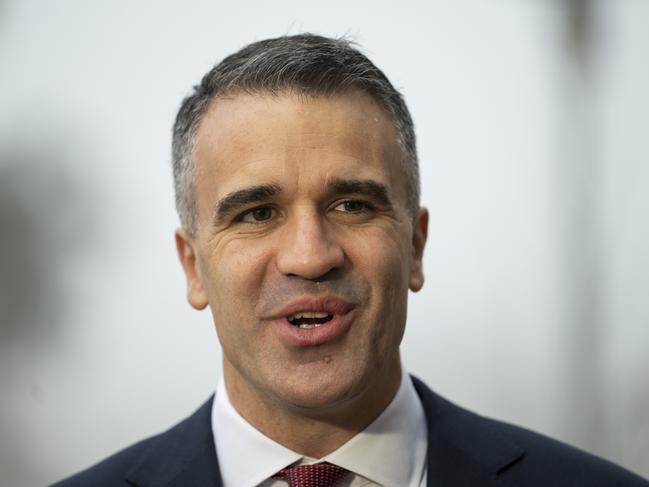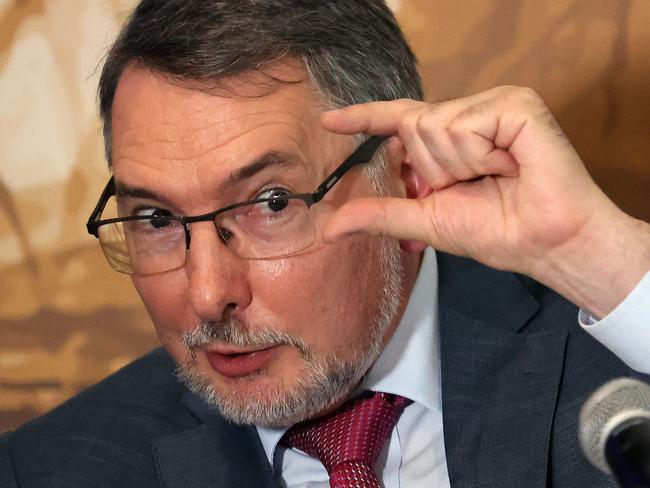Russia’s blacklist of Australians: What it means for Gina Rinehart, Angus Campbell, Peter Malinauskas and more
Russia’s blacklist of Australian military chiefs, business leaders, academics and journalists has been met with bemusement and unease. SEE WHY.
World
Don't miss out on the headlines from World. Followed categories will be added to My News.
Russia’s black list travel ban on Australian military chiefs, business and academic leaders and journalists was met with bemusement – and also fears it would make them targets for cyber hackers and fringe conspiracy groups.
But the actions will not silence critics of President Vladimir Putin and the Kremlin over their brutal assault on Ukraine, now branded a war crime by international courts.
Overnight the Russian Foreign Ministry announced it was expanding sanctions against 121 Australian individuals including the editors of major metropolitan newspapers, chiefs of the Australian Defence Force, business leaders, commentators and academics.
The ministry said the move was in retaliation to sanctions Australia had placed on its citizens and was aimed at those individuals “forming a Russophobic agenda in this country”.
“The entry to the Russian Federation is closed indefinitely for these persons,” the ministry stated.

The list, largely suspected to have been compiled by the Russian embassy in Canberra, blocks travel to the country and possibly business dealings, but some fear it could also pose a sinister threat.
Author and academic Dr John Blaxland said he suspected writing several chapters on Russian espionage in his official history of ASIO had made him a target.
Flippant comments about the list were valid, he said, “but there is a nervous unsettling aspect and concern, and this is the prospect of some kind of cyber targeting that might arise to those on the list,” he said.
It was also possible “wing nut groups” would “take some view,” he added.
“We live in an open society, we haven’t felt the need to hide or be retiring in our identity or profile, so there is a degree of vulnerability that is exploitable. So while we laugh it off to a certain extent I am nonetheless uneasy about ramifications.”

He said the list was a reaction to sanctions Australia imposed on some of the key members of the Russian kleptocracy and given there was not much trade to block, a list is the only thing they can do publicly as a “slap in the face”.
Defence declined to comment about its personnel who were listed, including popular Deputy Army chief Major General Natasha Fox, distinguished defence and DFAT bureaucrat Peter Tesch, soon to retire ADF chief General Angus Campbell and the candidate set to replace him, General John Frewen.
South Australian Premier Peter Malinauskas said being of Lithuanian background, his family knew only too well about Russian aggression.

“I am very grateful for the fact that Vladimir Putin has paid attention to the leading role that South Australia is playing for standing up for the democratic values that we collectively as a country hold dear,” he said.
Australian Defence College senior fellow Dr Matthew Sussex said on being named it appeared to be a bit of a grab bag of identities and there were more relevant people aggrieved about not being on the list than on it.
He said there were a few critics in there but in general it was a target list including some who were not relevant or even a critic.
“It is unstructured and untargeted. I get the suspicion (ministry) came up with a number that needed to be reached and they’ve gone about and done that because there are some glaring omissions, people who should be on that and aren’t …” he said, adding it may well have been based on the reading habits of the embassy.

Dr Sussex said in the UK there have been cyber hacker attempts and it could happen here but there was always that risk with critics of a regime that decided it doesn't like you.
The Kremlin’s chief propagandist in Australia Ambassador Dr Alexey Pavlovsky was one of the first to publish on all social media platforms a banner of the Australian flag announcing the travel ban list of individuals.
He posts regularly on social media wild claims suggesting Ukraine’s military was murdering its own citizens and praising “compatriots” living in Australia who were being “deprived” of an objective picture.
Facebook administrators regularly slap claims over his sites’ links and posts as under editorial control of the Kremlin.
He was the man who made national headlines when he likened Mr Putin to being portrayed as the madman Joker to the west’s Batman.
And in February, when Russian troops were massing on the Ukraine border, days prior to the invasion, he insisted it was a domestic training exercise.
More Coverage
Originally published as Russia’s blacklist of Australians: What it means for Gina Rinehart, Angus Campbell, Peter Malinauskas and more




